Mixed reactions have continued to trail the Nigerian Communications Commission’s (NCC) approval of telecom tariff hike with some stakeholders like the Citizens Advocacy for Social and Economic Rights (CASER) vehemently opposing the move, while others have given it their seal of approval.
Persecondnews reports that the hike, which is capped at 50%, aims to address the rising operational costs faced by telecom operators, but critics argue that it will only add to the financial burden of consumers.
CASER said the decision to raise tariff was done without conducting the mandatory public hearing as required by law.
CASER’s Executive Director and Abuja-based lawyer, Mr. Frank Tietie, stated his opposition to the tariff hike when he appeared on Arise News “The Morning Show”, monitored by Persecondnews on Wednesday.
Persecondnews reported that NCC had on January 20, approved telecom operators’ request for a tariff adjustment, permitting a maximum 50 percent increase that will raise costs of data, voice calls, and SMS services.
The Commission had through its Director of Public Affairs, Mr. Reuben Muoka, explained that the tariff increment aims to bridge the significant gap between operational costs and current tariffs.
According to Muoka, the adjustment is necessary to sustain investment in infrastructure and innovation, ultimately ensuring the sustainability of the telecommunications industry and benefiting consumers through improved services and connectivity.
He said: “This decision was made after extensive consultations with key stakeholders across the public and private sectors.”
But reacting to the tariff raise, Tietie said the absence of public consultation robbed Nigerians of the chance to contest the hike and demand compensation for years of subpar service.
He emphasized that consumers should not be burdened with the cost of the telecom sector’s operational challenges, instead he called on regulators to prioritize consumer protection and accountability.
He expressed concerns that the tariff hike would disproportionately affect Nigerians, emphasizing that the country’s history of governance incompetence often results in the burden being passed to the people, further exacerbating issues of poverty and economic instability.
Tietie said: “The challenge in our country is that we have a sort of unwritten tradition of always passing incompetence to the Nigerian population.
“If our government is not doing well, the people suffer; if the government needs money, it increases taxes.
“The provisions of Section 57 and, by extension, Section 58 of the NCC Act state that there must be a public hearing.
I am not aware that such a public hearing was held, where representations could be made.
“In a country where we have signed up to obligations for alternative energy sources, why should the Minister of Communications justify the reliance on diesel?.
“How much investment have they put into solar energy all these years? That lack of foresight should not be passed on to consumers just like that.
“Nigerians should have been allowed to seek compensation for years of poor service and the inability to make complaints. We need to understand the consumer protection provisions within the NCC Act.”
Addressing concerns about poor service delivery, Tietie said the government must strike a balance between protecting consumers and supporting the industry, ensuring that the needs of both are met in a fair and sustainable manner.
“These are tactics to drive us into accepting whatever increase. The Nigerian consumer appears helpless now because the regulator must have a balanced view to ensure there are no job losses.
“There are other economic issues that should be addressed instead of resorting to price hikes. The NCC has failed in its duty. As a consumer, I have seen how much they disregard Nigerian telecom users because they are considered insignificant,” Persecondnews quotes the lawyer as saying.
He, therefore, urged regulators to put consumer interests first and ensure that service providers are held accountable for delivering quality services, emphasizing the need for a balanced approach that protects both consumers and the industry.
Persecondnews reports that a few hours after the announcement, the National Association of Telecommunications Subscribers (NATCOMS) vowed to challenge the increase.
NATCOMS’s President, Mr. Deolu Ogunbanjo, denounced the tariff hike, emphasizing that it was imposed without adequate consultation with stakeholders and would disproportionately burden Nigerians already grappling with economic hardship.
He said: “This will affect everyone from the biggest industry to the smallest company, such as the Point of Service (POS) operators. It will increase operational costs.”
While acknowledging the challenges faced by telecom operators, Ogunbanjo suggested that a moderate tariff increase of 5% to 10% would have been more reasonable.
He proposed alternative funding strategies, such as Initial Public Offerings (IPOs) to alleviate the financial burden on subscribers.
“Operators can allow Nigerians to invest in their companies through IPOs rather than imposing such a steep tariff increase. A 50% hike is unacceptable.”
Also, the Association of Cable TVs, Internet and Telecom Subscribers of Nigeria (ATCIS-Nigeria) strongly condemned the tariff hike, labeling it as punitive and ill-timed, particularly in light of the country’s escalating cost of living.
ATCIS President Sina Bilesanmi slammed the NCC for prioritizing corporate interests over consumer welfare, stating that the recent tariff hike will only exacerbate the financial struggles of Nigerians who are already barely making ends meet.
On their part, the Nigeria Labour Congress (NLC), Trade Union Congress (TUC), and Coalition of Northern Groups (CNG) described the hike as insensitive.
The labour unions and civil society groups noted that the tariff hike couldn’t have come at a worse time, as workers and the general public were already struggling to cope with unprecedented economic hardship.
Labour condemned the tariff hike as a “clear assault on workers’ welfare”, while the TUC deemed it “one hike too many”.
The CNG also weighed in, calling for an immediate reversal of the hike.
Despite the growing chorus of criticism, some stakeholders have come out in support of the tariff hike.
One of them being the Association of Telecom Companies of Nigeria (ATCON) which defended the tariff hike, asserted that it was a long-overdue adjustment necessitated by escalating operational costs and the prolonged period since the last tariff review.
ATCON President Tony Emoekpere conceded that the initial proposal for a 100% tariff hike by telecom operators seemed excessive. However, he argued that the revised 50% increase, ultimately approved, is a more accurate reflection of the current economic climate and the industry’s urgent need for cost adjustments.
Although the NCC has promised that the tariff adjustments will lead to improved network quality and expanded coverage, consumers are demanding greater transparency and fairness in the implementation of the new rates, seeking assurances that their interests will be protected.












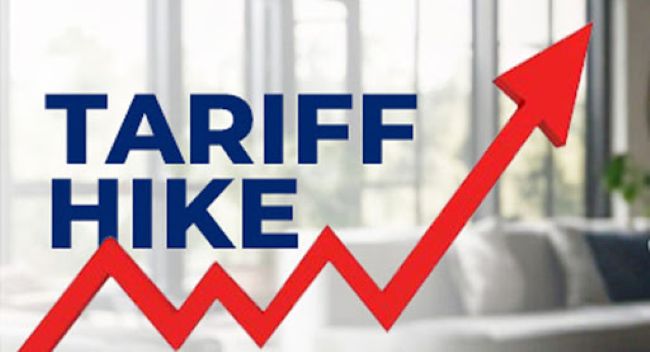















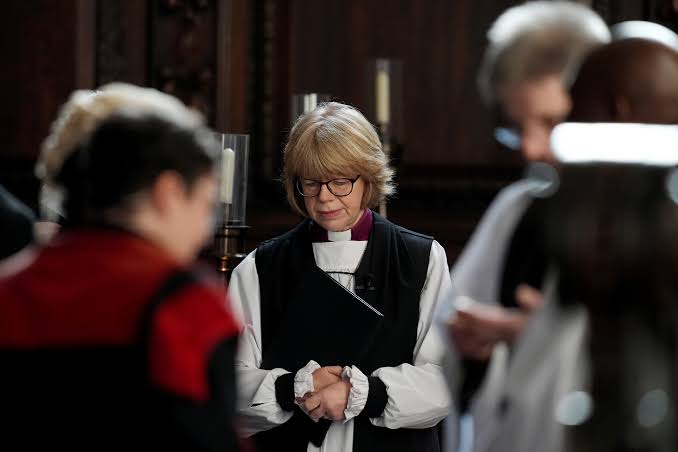

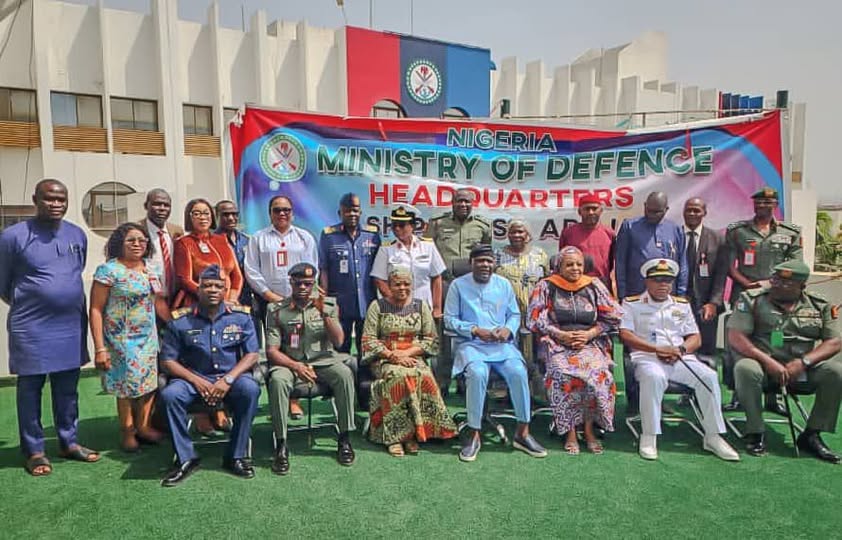
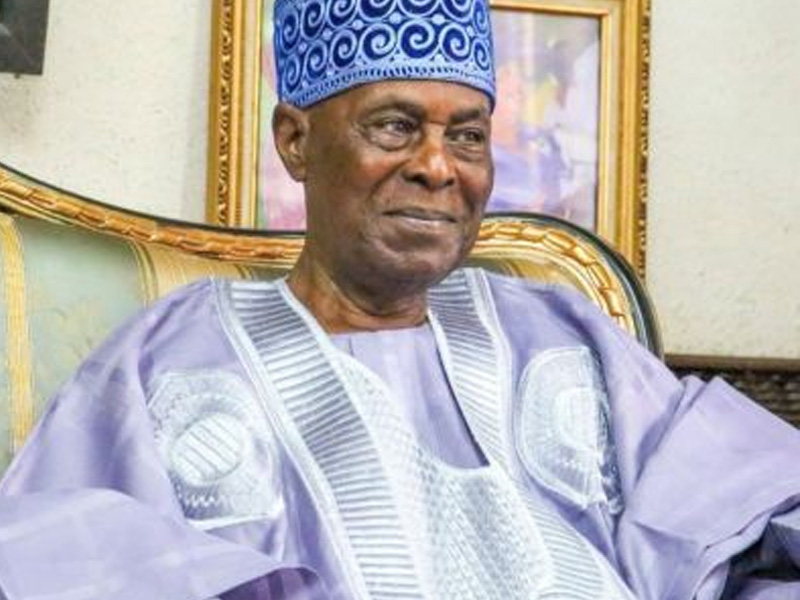

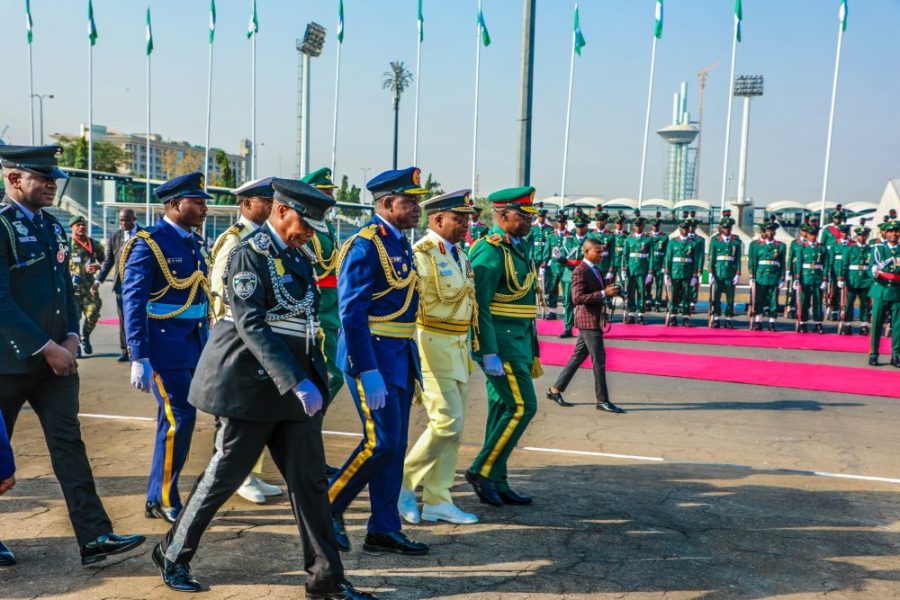
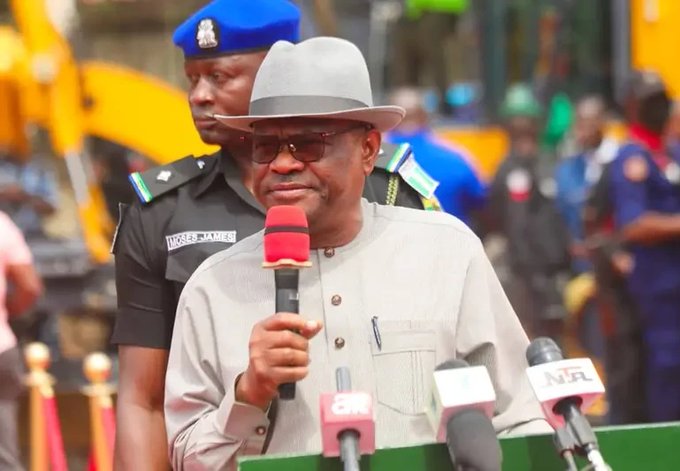
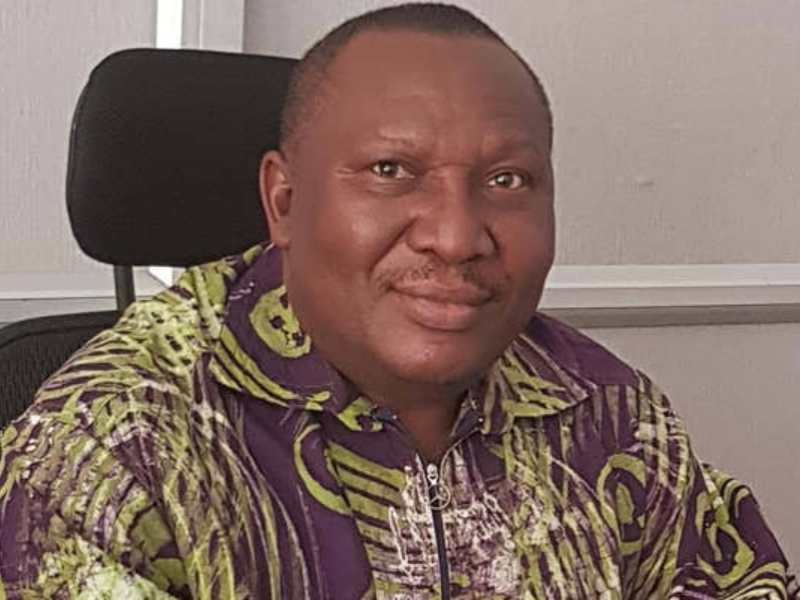
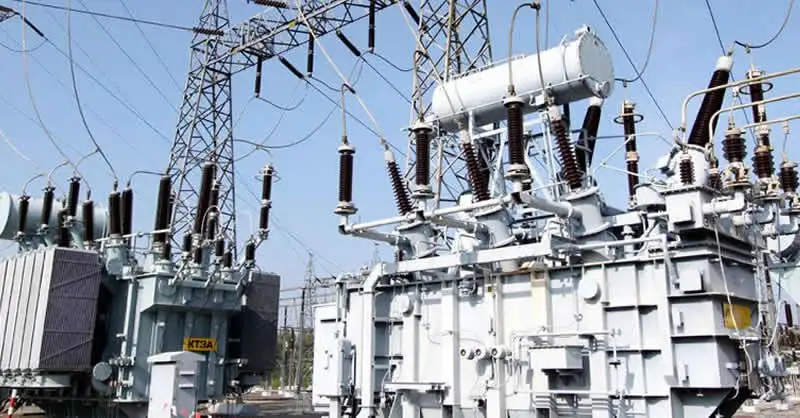

Leave a comment